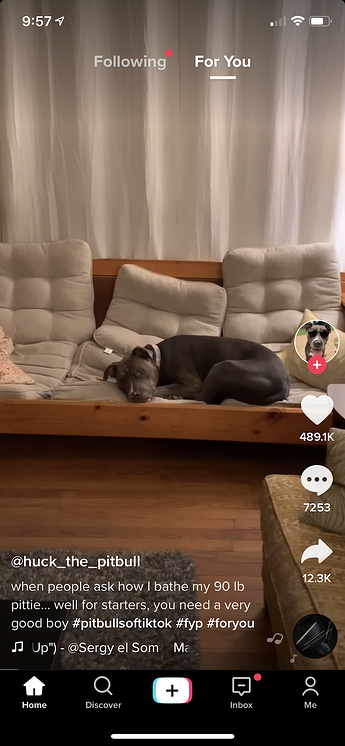Vox’s short-form video strategy has a money problem, but fulfills publisher’s ‘civic duty’
Vox Media’s video ambitions have been ongoing for a number of years now, but short-form, vertical video is still a nut the publisher has yet to crack from a revenue perspective.
And yet, after a year-long hiatus from TikTok, Emily Anderson, vp of Vox Video & TV at Vox Media, said that TikToks, YouTube Shorts and other short-form videos are increasingly returning to Vox’s video mix, as her team aims to grow its younger audience and debunk misinformation that circulates on those platforms.
- “Not every piece of content works in every single place, and that’s okay.”
- “TikTok isn’t TV. TikTok is not going to replace TV. People go to TikTok for a very different experience; they go for something that is pretty transient, that feels very organic, very native to them. They’re not looking for high production value. In fact, stuff that does look glossy often feels like an ad and that’s not what you want.”
- “TikTok and [YouTube] Shorts are the places where the same content can actually work” on either platform.
— Emily Anderson, vp of Vox Video & TV at Vox Media
Vox joined TikTok over a year ago under the handle @voxdotcom and posted videos about a smattering of topics ranging from science and history facts to an explainer on the differences between counterfeit and knock-off fashion. After going dark in September 2021, the publisher returned to the platform on Nov. 1, at which point the team started posting a video every few days primarily covering the midterm elections.
“With the amount of misinformation that is going bonkers on TikTok, it was almost like our civic duty to come back and try to pinpoint some races and some issues” happening during this election cycle, Anderson said during the virtual Digiday Future of TV Programming Forum on Thursday.
Currently Vox does not have a dedicated TikTok team. Rather, the producers and journalists who work on the brand’s YouTube videos and licensed content such as Netflix shows are also responsible for putting together TikTok videos when the subject matter feels right for the platform or is a natural extension of the reporting, graphics or animation created for other editorial projects.
The variety of video formats and distribution platforms is critical for Vox’s business, as TikTok is not currently monetized for the publisher. Holistically, Anderson said that short-form, vertical videos don’t earn indirect revenue right now either, such as through repackaging and licensing that content to other content distributors.
However, not every video project needs to have an economic incentive, according to Anderson. And vertical, short-form videos are mainly being used in an altruistic way to increase Vox’s younger audience and educate them on important topics. “We don’t know what the business plan is there, but we know that it’s a young, huge audience and it’s really important to get good journalism in front of them,” she added.
Vox does prioritize staffing projects that will be monetized versus dedicating time and talent to projects …read more
Source:: Digiday





